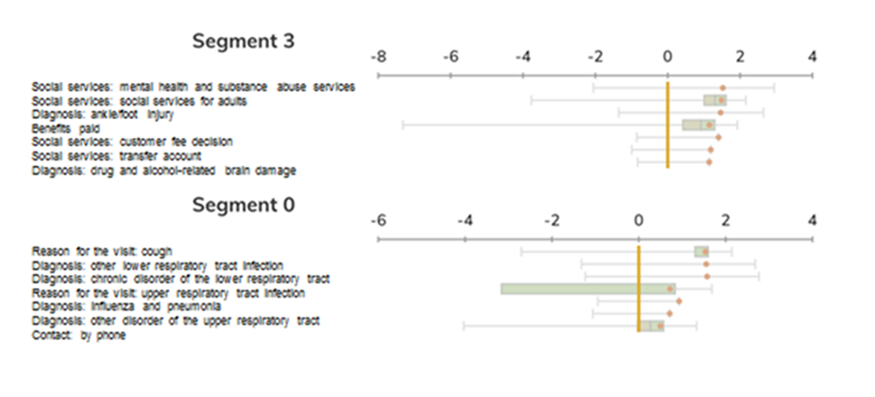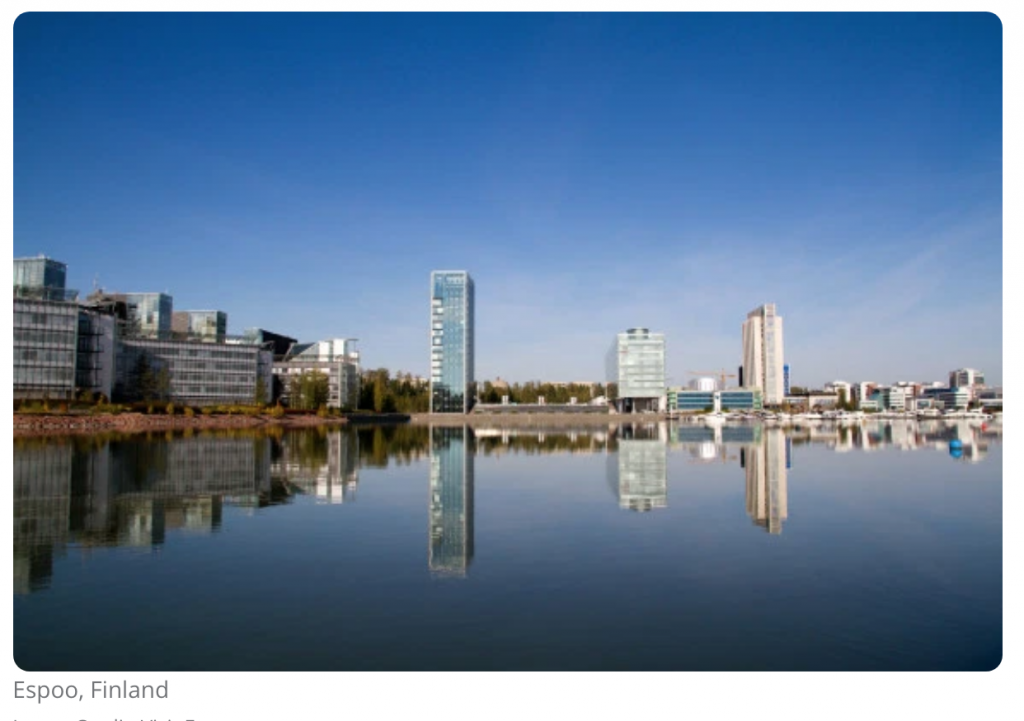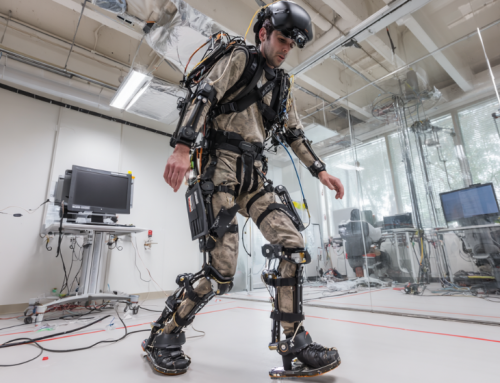Finland’s Second City Expects to Be Run By AI Company Espoo
A city in Finland has decided to trust an AI company and apply its technology democratically to benefit the citizens of the city. Espoo is the second largest city in Finland and is a high tech hub.
Outside of Finland, the city is perhaps best known as the longtime home to Nokia’s headquarters. But it also boasts a strong cluster of other tech companies, with offices from giants like Microsoft and startups such as IQM Quantum Computers. These companies are drawn to the city in part by the chance to work with the wealth of tech research talent at Espoo’s major engineering universities: VTT and Aalto.
Chris O’Brien’s story on venturebeat.com goes in-depth on how Espoo is using AI for everything from education to helping alcoholics and how the tech is related to the municipality as a whole. It’s a long, thought-provoking piece.
Espoo is conducting experiments that mix consultations, transparency and limited use cases to demonstrate the potential of civic AI. Espoo has already conducted AI trials that initially required overcoming technical hurdles but ultimately improved city services. Over the long-term, the city is crafting a model that places ethics at the center of its AI plans by ensuring citizens can understand how these systems work and participate in debates about their implementation.
“I think Finns trust the government and the public sector more than [citizens] in any country in Europe,” said Tomas Lehtinen, data analyst consultant for Espoo. “We wanted to keep that trust in the future. And so we wanted to be transparent about this project for citizens, but also because many of our employees also don’t understand AI.”
To address some of these issues, the city partnered with IT services company Tieto, which developed a platform called Intelligent Wellbeing that uses AI to analyze health care data.
This effort included data from 520,000 people who had made 37 million contacts with Espoo government services. During the process, the information was made anonymous and encrypted. So while the system could match all the data from a resident, no one looking at the data would be able to discover the identity of the person. Assuring residents that the system would conceal identities while also preventing any potential mischief was a key step toward building trust, Lehtinen said.
Once the company merged data sets, Tieto’s algorithms analyzed the information and defined 280 risk factors that could potentially play a role in determining whether a family is likely to need child welfare services. The algorithms then looked for patterns across the data and grouped all people into 20 segments informed by a combination of risk factors that seemed to contribute to their use of services.
For instance, in the chart below, Segment 3 included risk factors related to alcoholism, while Segment 0 tended to be people with colds or flu. And that data translates into who is likely to need a particular city service.

In theory, the city might be able to save costs on hospital treatments by increasing alcohol treatment services, Lehtinen said. Going forward, the segments could be used in game theory models to predict how various increases or decreases in resources for different programs could impact residents — as well as costs — for different city agencies.
“Now we understand in a more complex way what kind of different groups are using our services,” he said. “With this segmentation analysis, we can see individuals as a whole person as they use our services.”
Espoo will become the first city with a government largely reliant on AI programs, making it a model for other cities worldwide to review and consider.
read more at venturebeat.com








Leave A Comment